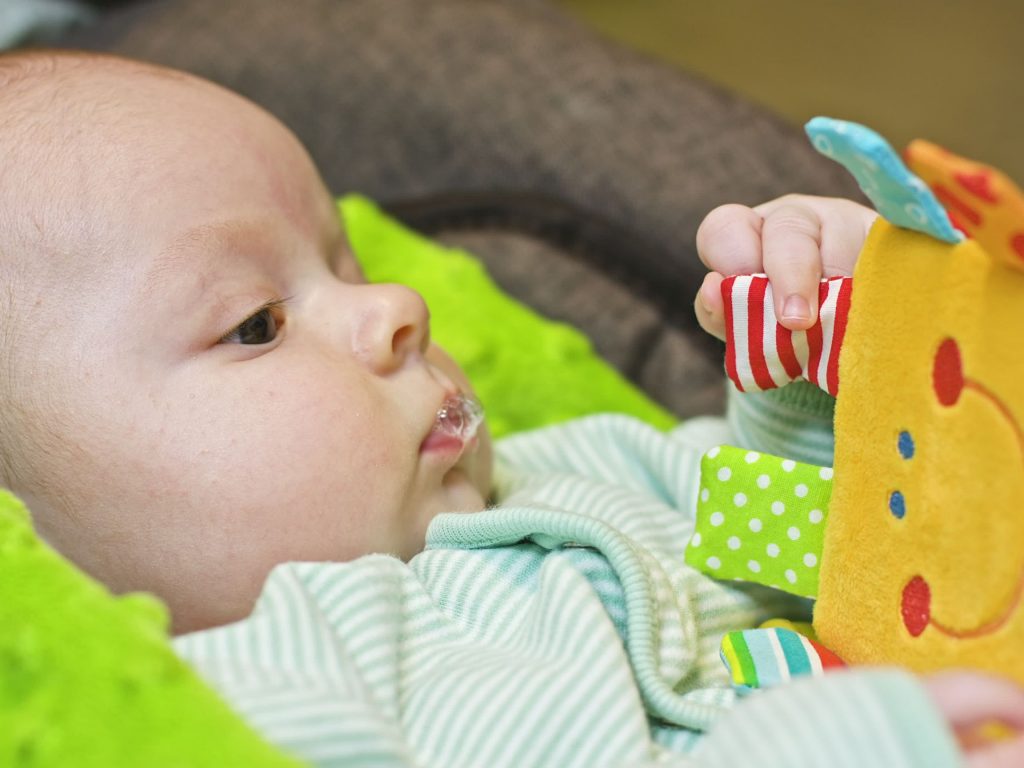It is the responsibility of the parent to monitor the growth of your baby closely and check for the milestones to be achieved. But, it is vital to understand that the development pattern and growth of each baby differ. You should not be anxious if your baby discovers to walk later than others or his height is not in order like other kids of the same age.

In what way baby growth is measured?
- Height
- Weight
- Attaining puberty
- Other changes such as the growth of hair, the ability to speak, the arrival of teeth, learning to walk, etc.
Doctors usually are more concerned about the baby’s weight and height. While the height of a little one relies on his genes largely, it is very significant to monitor the weight chart of the baby boy. Weight can inform whether the baby can digest food appropriately and can take out nutrition from it.

Baby Growth Chart
A growth chart is vital to follow your baby’s growth consistent with his age. Though there is no perfect weight and height, there is a specific growth pattern that helps you evaluate your baby’s milestones. Girls and boys have diverse growth charts as boys are a little taller than girls. Also, growth patterns differ. The most excellent way to keep a track of your baby boy’s weight and height is to take him for regular doctor checkups. Your baby’s doctor will measure his head circumference, weight, and height and will then compare them with the standard growth charts.

Factors that can influence the growth of the baby
The growth of your baby boy’s rate depends partially on his metabolism and body type, and partially on his general health, the environment and feeding habits. The factors that have an impact comprise:
Your physical condition when you were pregnant: This can impact the store of nutrients your baby has when born. Your lifestyle habits, weight, and diet can also have an important influence on your child’s growth in his first year.

Feeding
Feeding offers your baby with the essential calories he typically necessitates to grow. Until he is 6 months old, he is reliant on breast milk or formula feed for nutrition. The duration and amount of feeding affect his growth.

Birth Weight Of Your Baby
It points out how well you have nurtured your baby during pregnancy. But, babies born with low birth weight grow quicker, and babies born with high birth weight grow gradually. It is also known as a catch-up or catch-down growth.

Your Physical Condition After Pregnancy
If you go through postnatal despair or are sick for any reason, it will be hard for you to take care of your infant. This may eventually affect his growth. But, it is not lasting and gets solved once you get well.
Genes
Genes also play a noteworthy role in the growth of the baby. If both the parents are sturdy, your child is likely to be healthy. Likewise, if both parents are skinny, even the baby would be underweight.

Minor Diseases
Diseases such as ear infections and flu affect the baby’s development, but only provisional. He may not want to drink milk when he is unwell, and this might have an effect on his growth. The growth comes back to normal after he starts drinking milk and feeling well.

If you feel that the growth is abnormally sluggish or there is a vast disparity in him and his peers you should consult his paediatrician and get appropriate guidance.
